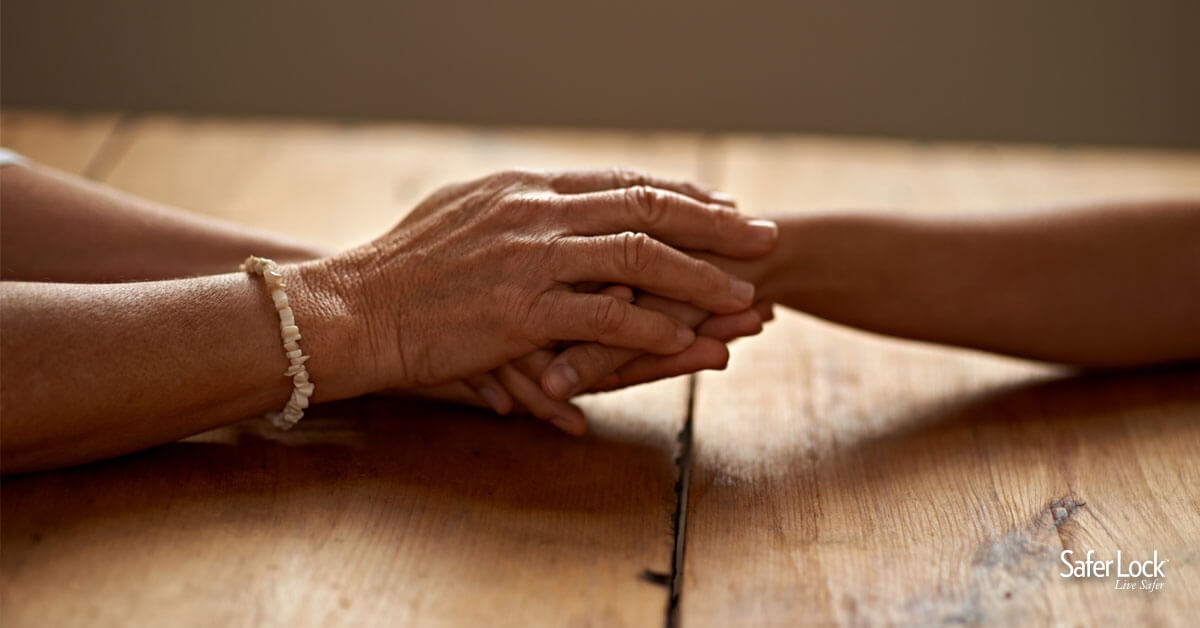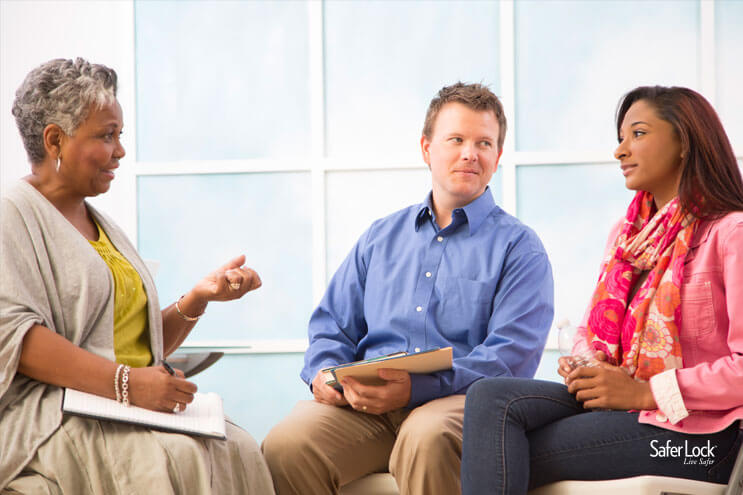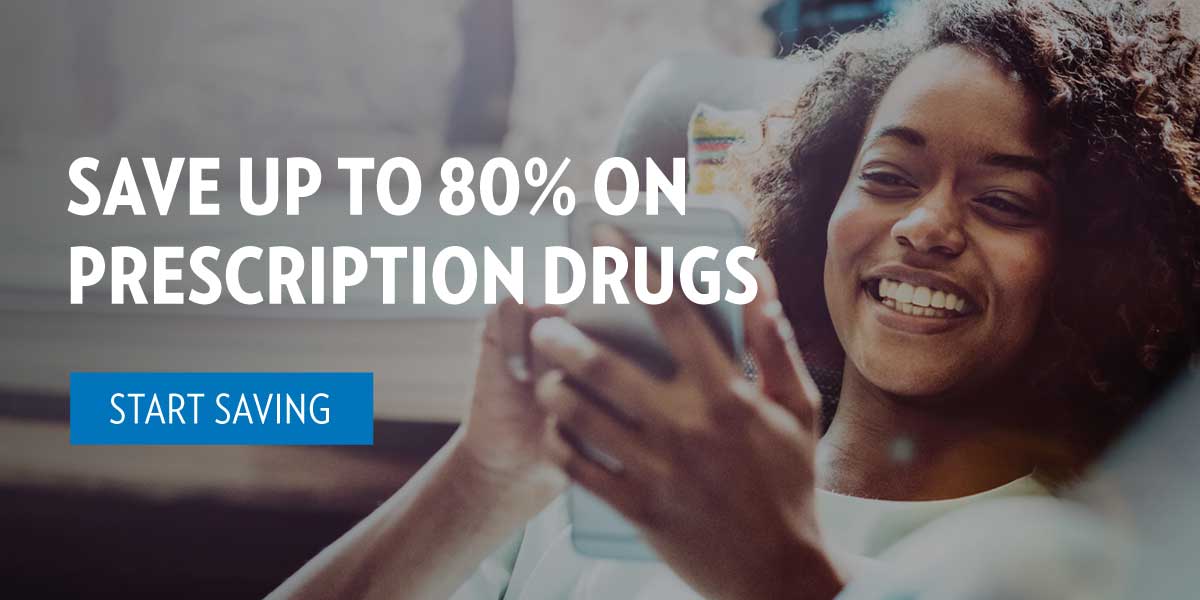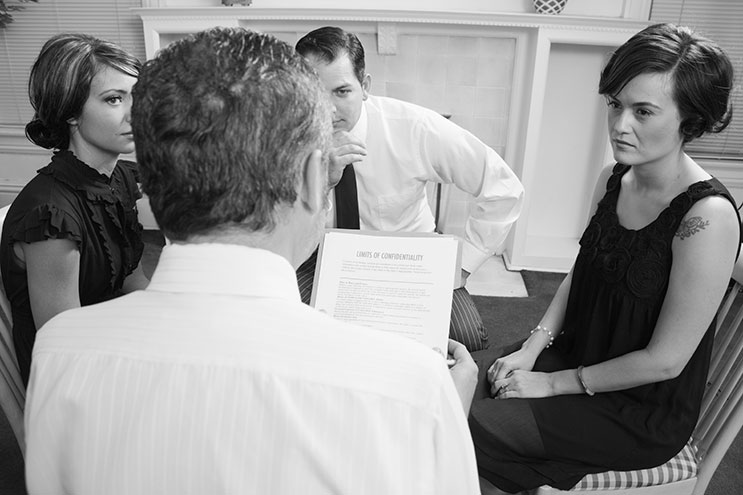Recovery Month is observed every September as a way to educate Americans about mental health and substance abuse disorders, and the millions of people who have overcome their struggles to live healthy and productive lives.
For many survivors of addiction, recovery wouldn’t have been possible without the support of their families or loved ones.
For these families, recovery has been a road traveled together.
If you have a loved one who needs mental health or addiction treatment, you may be wondering what to expect along the journey ahead.
Addiction Treatment Works
Your loved ones can recover from substance abuse and addiction. Millions of Americans have had their lives completely transformed through recovery. Addiction treatment can help your loved one, and it can help your family, too.
Addiction Treatment Takes Many Forms
Your road to recovery may not be like any other. Addiction treatment can take many forms, including inpatient and outpatient treatment.
While not all addiction treatment programs are the same, most focus on the following steps:
- Detoxification
- Behavioral counseling
- Medication may be needed for certain addictions
- Evaluation and treatment for co-occurring mental health issues such as depression
- Long-term follow up
The Family that Recovers Together
Many behavioral counseling session involve some form of family therapy, particularly when a young adult or teen addiction is being treated.
“Family involvement is a particularly important component for interventions targeting youth.” - NIDA (National Institute on Drug Abuse)
Family therapy is often combined with other treatments such as individual therapy, group therapy, or other rehabilitation programs.
When you go through family recovery along with your loved one, there can be benefits for everyone involved. Family therapy can improve the mental and physical state of the entire family unit, helping families to improve relationships, communication styles, and to better understand (and avoid) enabling behaviors.

Be Prepared for (Conflicting) Emotions
Living with a loved one’s addiction can be fraught with emotions, and journeying through recovery with a loved one is no different.
In addition to feeling relieved that your loved one is seeking treatment, or even experiencing a honeymoon period immediately after, some negative feelings may also come to the surface.
The following emotions are commonly experienced during a loved one’s recovery:
- You may feel tense like you are waiting for a relapse
- You may feel guilt
- You may feel like you can’t trust your loved one
- You may feel fear that you can’t upset the person or say anything negative
- You may feel resentful if you are taking on extra responsibilities while your loved one goes to treatment or meetings
Recovery is Ongoing
Relapses are common after recovery, although not inevitable. Many people may have one or more relapses on their journey through addiction treatment. If a relapse occurs, it’s important that your loved one resumes treatment: both individual and family. Don’t give up in the face of a relapse, and don’t feel that your efforts up to this point have been for nothing.
Self Care is an Important Part of Family Recovery
Your health and self preservation is crucial as you go through a loved one’s recovery. When you are supporting a loved one through treatment, taking care of yourself may feel like an indulgence. But you can better support your loved one’s journey if you practice self-care.
- Join a support group
- Get individual therapy
- Exercise and eat well
- Avoid substance use for yourself
You and your loved one can join the millions of people who have successfully undergone addiction treatment. If you want to learn more about the process of recovery, read inspiring stories from people who have undergone the process themselves (or with a loved one), or to get involved in a Recovery Month event, please go to recoverymonth.gov for more information.




